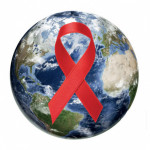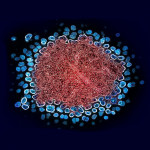A high proportion of people who rapidly start Symtuza (darunavir/cobicistat/tenofovir alafenamide/emtricitabine) following their HIV diagnosis have an undetectable viral load a year later.
Janssen’s Symtuza was approved in July 2018 for those starting antiretroviral treatment for the first time and for certain people switching from a different regimen who have a fully suppressed viral load.
Researchers enrolled 109 participants within 14 days of their HIV diagnosis and swiftly started them on Symtuza, even before the results of their initial round of viral resistance or other laboratory tests were available.
At the 48-week mark, 92 of the 96 participants with complete data (96%) had a fully suppressed viral load, and all of them had a viral load below 200.
“These clinical trial data provide more evidence that rapid antiretroviral treatment initiation is feasible and effective,” says Susa Coffey, MD, a professor of medicine at the University of California, San Francisco, who helps head up the city’s aggressive push to rapidly treat HIV following diagnosis. Coffey, who was not involved in this study, continues: “The findings match what we have seen in San Francisco through the Getting to Zero initiative, using various preselected simple and potent antiretroviral regimens: Immediate treatment is desired by people who are newly diagnosed with HIV and can result in very high rates of virologic suppression.”







Comments
Comments